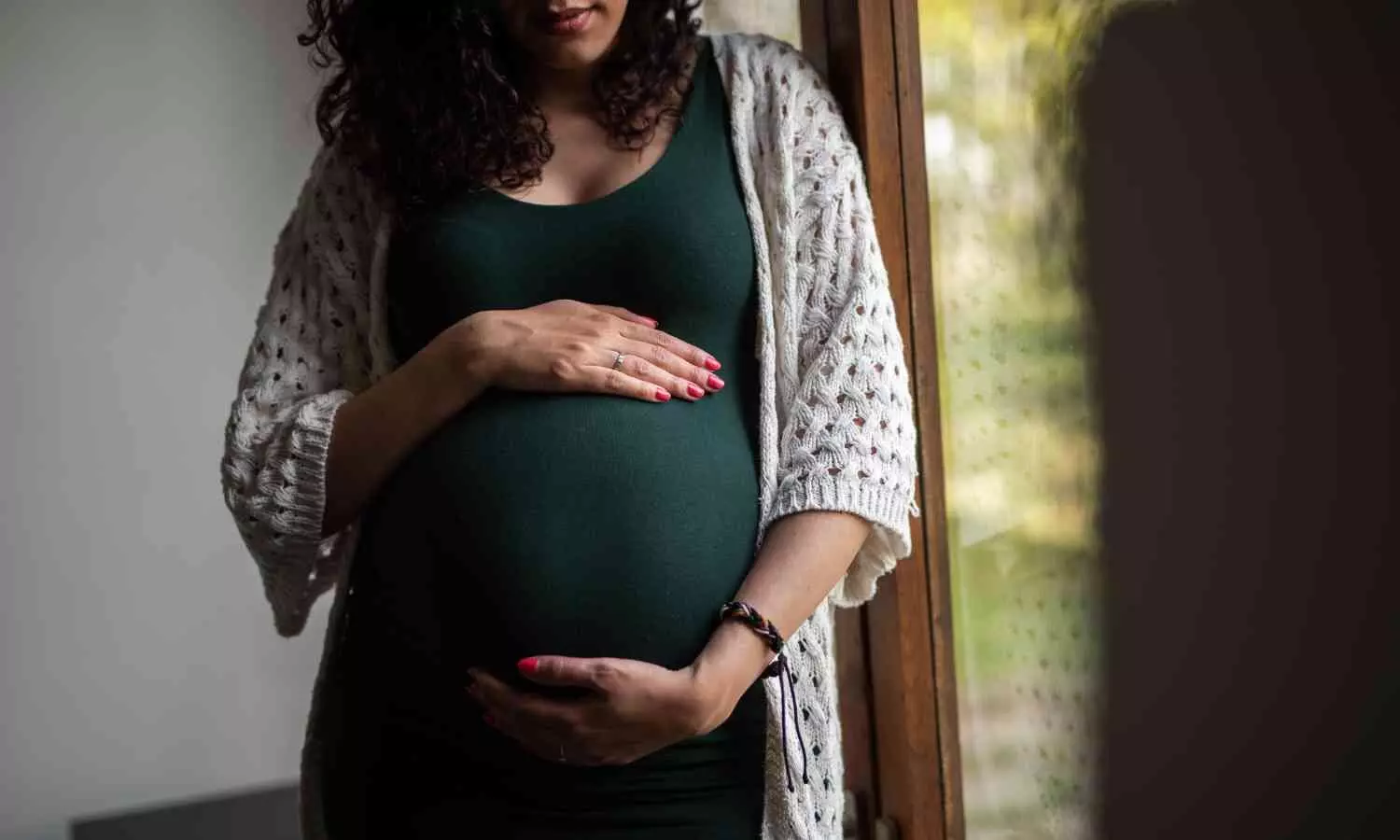Pregnancy-related chronic high blood pressure doubled in the US between 2008 and 2021: study

New York: The number of individuals who had chronic hypertension or chronic high blood pressure during pregnancy doubled between 2008 and 2021 in the US, researchers said on Monday.
Treatment rates for chronic hypertension during pregnancy remained relatively low but stable during the same time, with only about 60 per cent of the individuals receiving (filling prescriptions for) antihypertensive medications, according to the new research published in Hypertension, a peer-reviewed journal of the American Heart Association.
Chronic hypertension in pregnancy is defined as high blood pressure diagnosed before pregnancy or before 20 weeks of pregnancy. Preeclampsia typically begins after 20 weeks of pregnancy, can cause liver or kidney damage, and may double a woman’s chances for future heart failure and other cardiovascular complications.
"While the rate of hypertension in pregnancy has doubled, the use of medication for treatment remained stable at only 60 per cent, which we believe is likely below what it should be if patients are treated according to clinical guidelines," said lead study author Stephanie Leonard from Stanford University’s School of Medicine.
In 2017, clinical guidelines from the American Heart Association and the American College of Cardiology revised the thresholds to diagnose high blood pressure from 140/90 mm Hg to 130/80 mm Hg for stage 1, and from 160/110 mm Hg to 140/90 mm Hg for stage 2 hypertension.
"We had hoped to see some impact from the 2017 guideline, which reduced the blood pressure threshold for treatment of hypertension. We were surprised to not find any meaningful changes from before and after the guideline," said Leonard.
This study highlights the growing burden of chronic hypertension and poor cardiovascular health pre-pregnancy as critical targets to improve maternal health, said the researchers.


